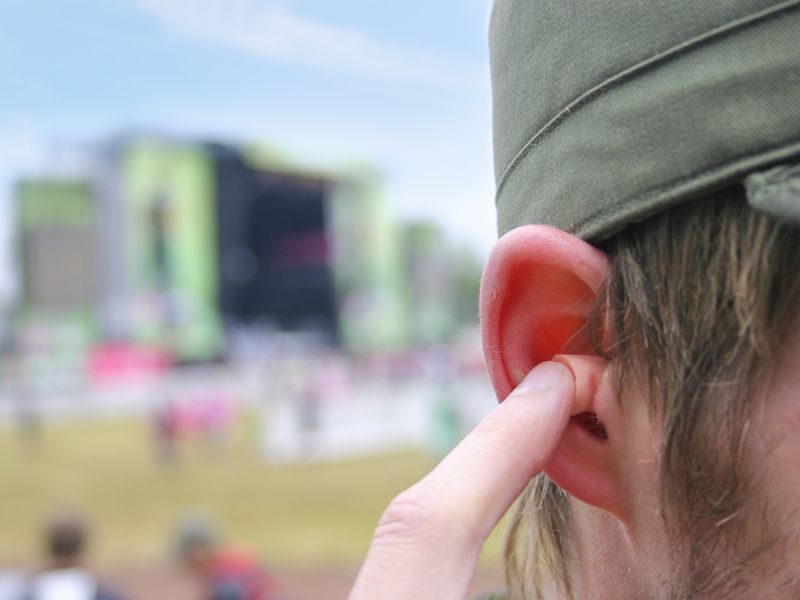
If you’re subjected to loud noises, say using a lawnmower in your backyard, going to a venue to see your favorite band in concert, or simply sleeping in your own bed beside a snoring spouse, earplugs may be helpful. Decreasing the sound level is the way earplugs can help in the first two circumstances. In the last instance, they bring down the decibels and help protect your peace of mind (and maybe your relationships) by enabling you to get a good night’s sleep. But are your ears being injured by these protectors?
What’s The Purpose of Utilizing Earplugs?
It’s a pretty simple case for wearing earplugs: When used properly, earplugs can help safeguard your ears by minimizing your exposure to extreme sound levels. When you leave a loud place, like a football game where the Jumbotron keeps telling the crowd to, GET LOUD, whenever the other team kicks off, you’ve probably noticed that your hearing seems different, and you may also have symptoms of tinnitus. This occurs because those extremely loud sounds actually bend the small hair cells in your inner ear. In a couple of days, when the hairs have recovered, it generally goes back to normal.
But in some instances, there is a continual attack on those little hairs, particularly if you work in a noisy trade such as the music business or around jet planes. In this case, those hairs never heal, they are permanently injured. Inside each cochlea, there are approximately 16,000 of these little hair cells, but up to 50% of them can be destroyed or at least damaged before you would see the change in a hearing test.
Is it Possible That Your Hearing May be Damaged by Earplugs?
With all that, you’d think that using earplugs would be an obvious choice in terms of protecting your ears. But if your exposed to loud noises on a regular basis, this seems to be even more obvious (like on the job or when your spouse snores as previously stated), over-the-head earmuffs or noise-reducing (but not completely blocking) headphones are a better choice. Earplugs are better suited to one-off situations such as a sporting event or concert than for day to day use.
Why? The first problem is, earwax. So that they can protect themselves, your ears produce earwax, and if using earplugs is something you do frequently, more earwax will be created, and you’ll probably jam it in with the plugs. Tinnitus and other complications can be the outcome from impacted earwax.
Ear infections can be another concern for those who use earplugs. They can become bacteria traps if you wear the same pair without proper cleaning and disinfecting. Ear infections are, at a minimum, an uncomfortable inconvenience. But at the negative end of the spectrum, they can also be the cause of a loss of hearing if neglected.
How Can You Use Earplugs Safely?
Earplugs still have a strong upside, whether it’s safeguarding your ears or getting a good night’s sleep. You just have to be sure you’re using the right kind and using them the proper way. Foam earplugs are the least costly, which is good because you really should not use them more than once, the soft, porous material is a germ’s paradise. Silicone or wax earplugs are reusable, but you need to keep them sanitized, wash them with warm water and mild soap to clean them, and don’t put them back in your ears until they’re totally dry. Accumulation of moisture can cause bacteria or mold so store your earplugs in a well ventilated container.
If you want or need to use earplugs regularly, you may want to consult us about having custom-made earplugs. They are comfortable since they are made from molds of your ears and they’re reusable. But it’s worthwhile not to forget, smart earplug hygiene can prevent hearing damage.